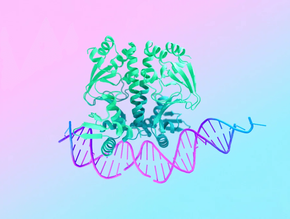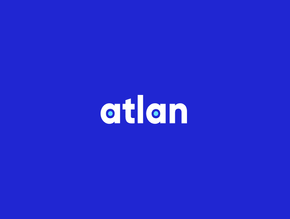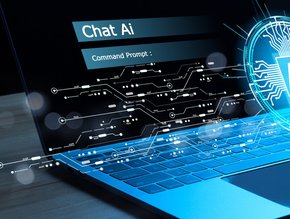The disruptive rise of AI-generated music

The flood of AI-generated songs, featuring uncannily realistic imitations of renowned artists, has ignited a heated discussion among musicians, fans, and industry professionals alike.
With social media platforms buzzing with these AI tracks, the need for regulation and detection mechanisms has become increasingly apparent.
Deezer, the popular streaming service, recently announced its intention to develop advanced tools aimed at identifying and filtering AI-generated content to combat illegal and fraudulent releases.
This move comes in response to the widespread popularity of a song that went viral in April, featuring cloned voices of Drake and The Weeknd, which was subsequently taken down from streaming platforms.
However, the influx of AI songs continues, with new tracks constantly surfacing online.
Some are so convincingly produced that they appear to be leaked, unreleased tracks from iconic artists, while others offer unexpected collaborations, like Kanye West delving into the realm of country music or Ariana Grande seemingly singing in Punjabi.
The process behind AI music generation involves training AI platforms using vocal samples and original music content provided by human artists.
Through "ingestion" and advanced algorithms, AI can swiftly recreate melodies and voices, imitating the textures and tones of the most recognisable voices in global music.
This breakthrough technology enables any proficient music producer to transform vocals to mimic the styles of beloved artists in a matter of seconds.
Reactions among musicians have been mixed. Some view AI-generated music as a critique of the formulaic nature of contemporary pop songs, while others embrace it as a tool for creative exploration.
Massive Attack, the renowned trip hop collective, raised thought-provoking questions, pondering whether the discussion should revolve around the recreation of music by AI or the homogeneity and predictability of modern music.
Alfa Mist, a jazz musician and producer, expressed his preference for incorporating human error and experiences into his compositions, asserting the importance of the human touch in his music.
However, he remains open to using AI as a supportive tool for processes like mixing and mastering.
The response from notable artists has been diverse.
Hip hop producer Hit-Boy, known for collaborating with industry icons like Jay-Z, Kanye West and Drake, welcomed the advancements, sharing a track featuring an AI-generated Kanye.
He acknowledged the future potential of AI in music production, emphasising the need for artists to find ways to integrate it effectively into their creative workflows.
Similarly, singer Grimes expressed her willingness to collaborate with AI-generated songs, even offering to split royalties for successful AI tracks featuring her voice, as she believes in the open sourcing of art and the dissolution of copyright barriers.
While AI-generated music sparks excitement among some fans, others express concerns about the implications of this technology.
Music critic Anthony Fantano cautioned against potential downsides, expressing scepticism about the quality and impact of AI-generated songs.
However, he acknowledged that once the music industry masters the recipe for AI music, it could become a lucrative avenue for labels, potentially resulting in an influx of new releases by deceased artists like Juice WRLD.
The advent of AI-generated music poses profound questions about the future of human creative expression
Universal Music Group stresses the importance of aligning technological progress with ethical considerations, urging platforms to shoulder the responsibility of preventing the misuse of their services that harm artists.
Deezer's CEO, Jeronimo Folgueira, highlights the urgent need for a tagging system that can identify AI content, reducing fraudulent activity and enabling fair remuneration for different types of music creation.






